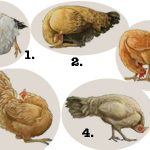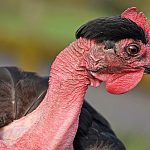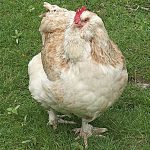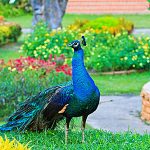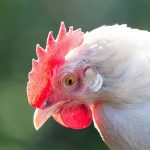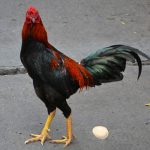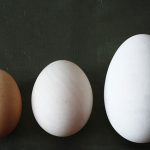
Precisely how long an egg takes to hatch depends on a lot of factors including species, breed, strain, conditions under which the egg was stored prior to incubation, and conditions during incubation. But whether you plan to hatch eggs in an incubator or under a hen you need a more definitive answer the question: How […]
Continue Reading
